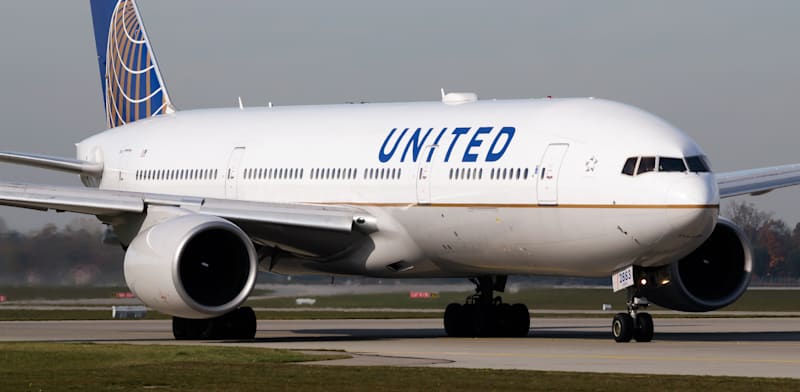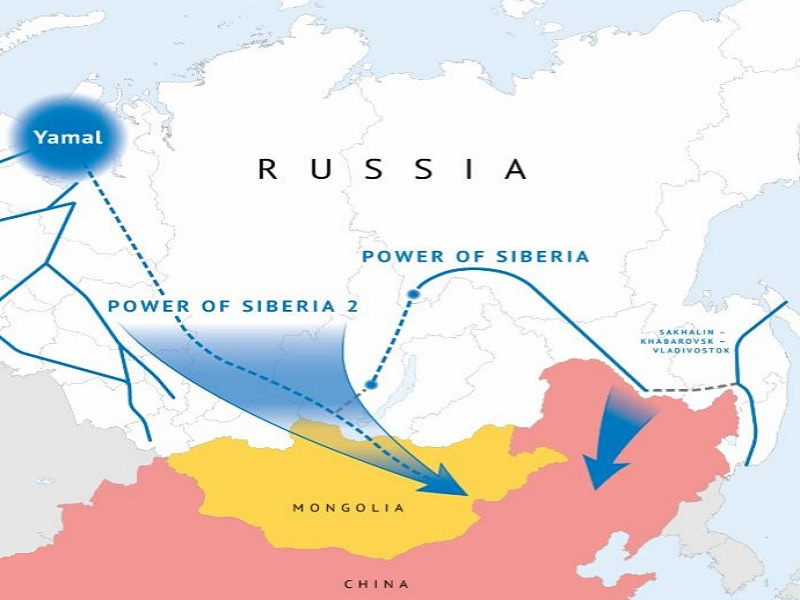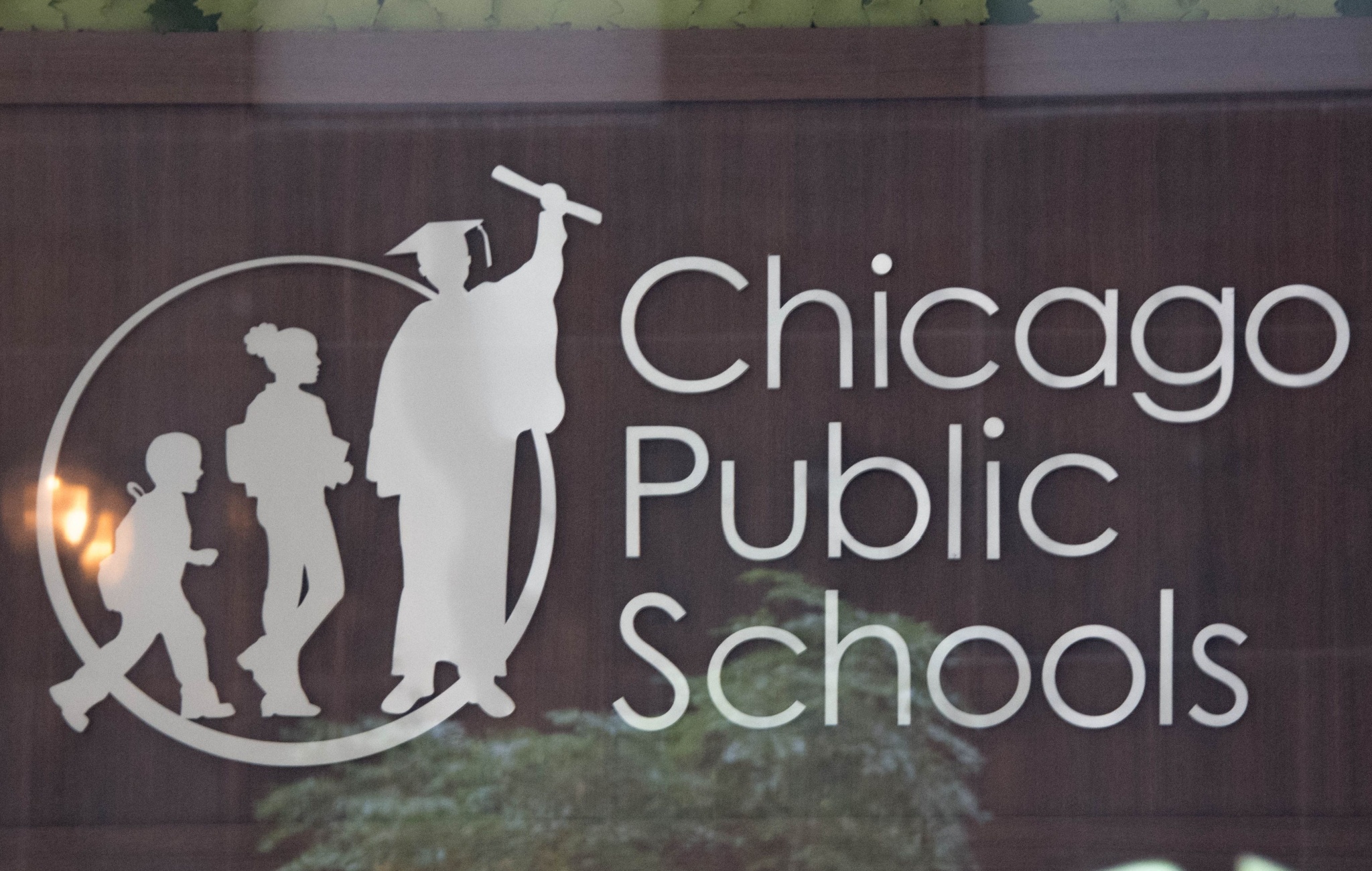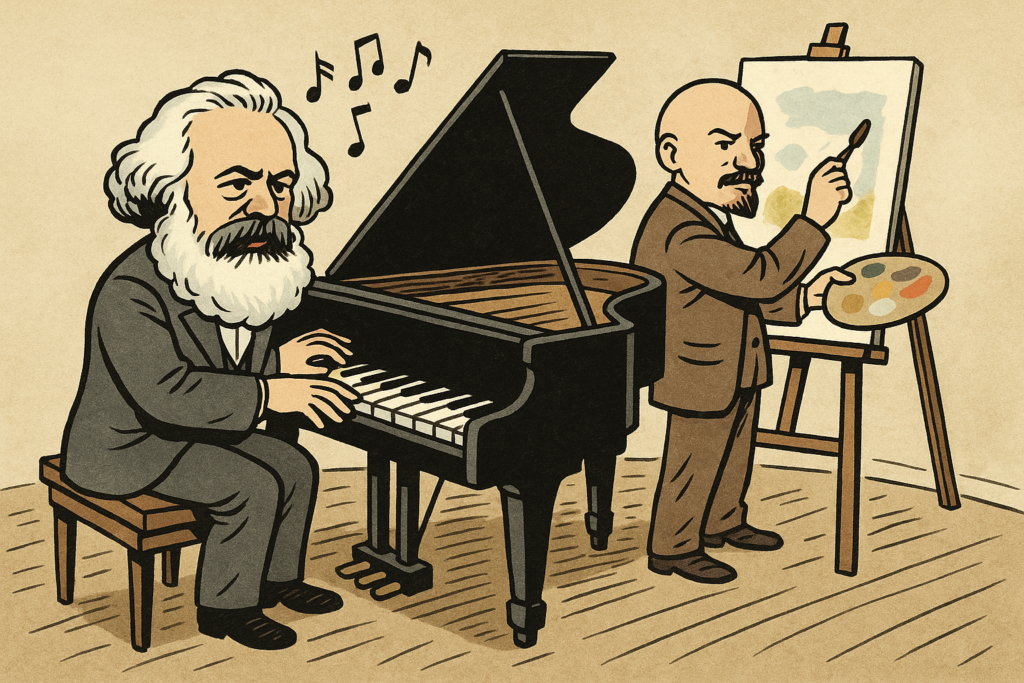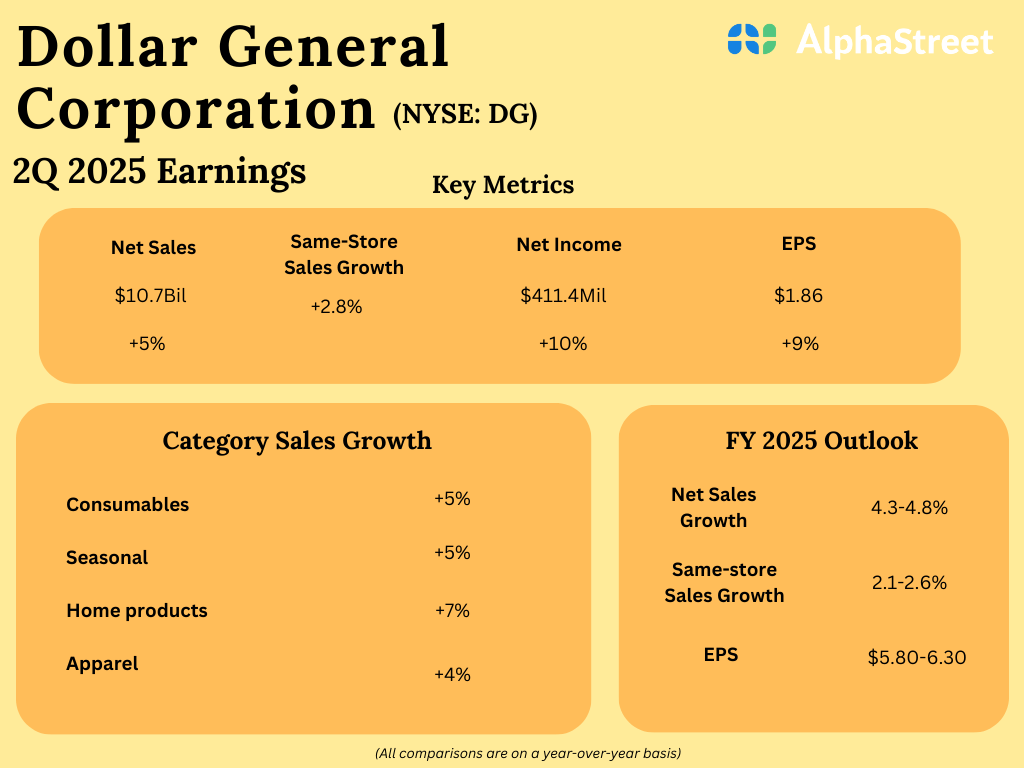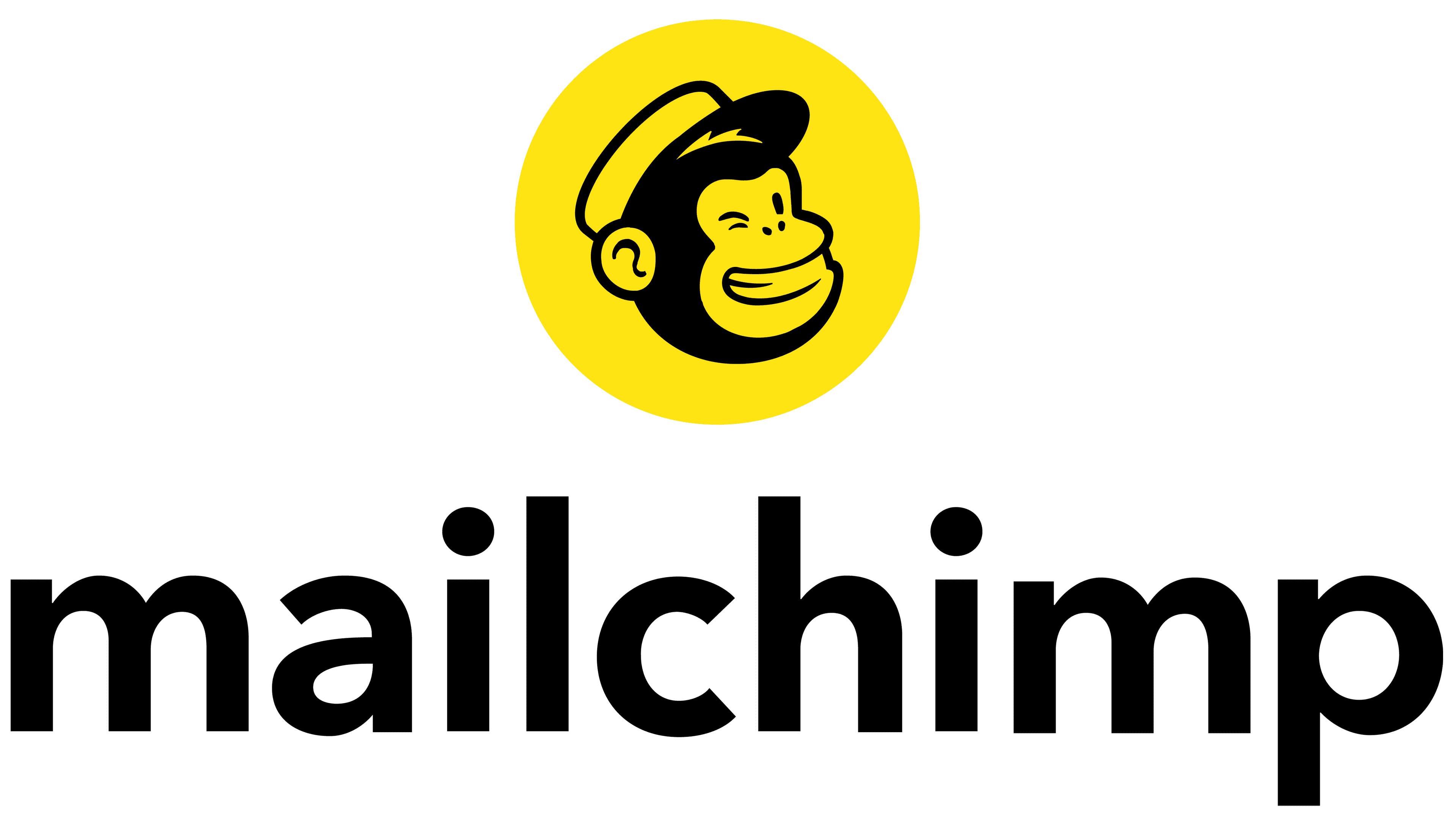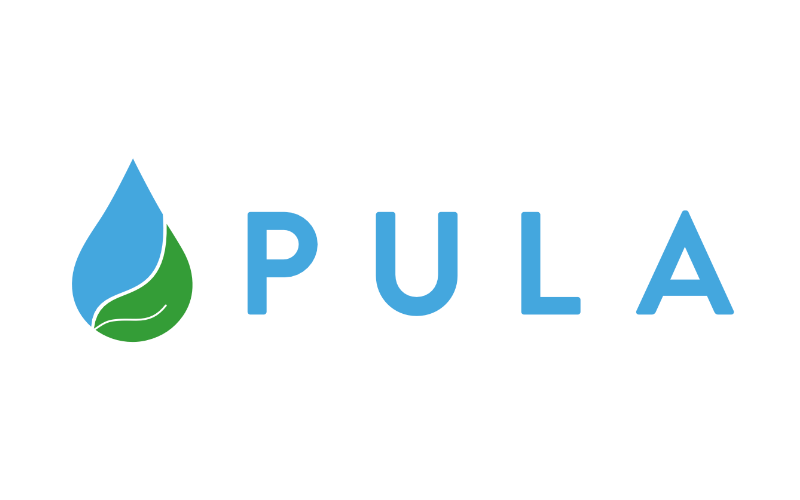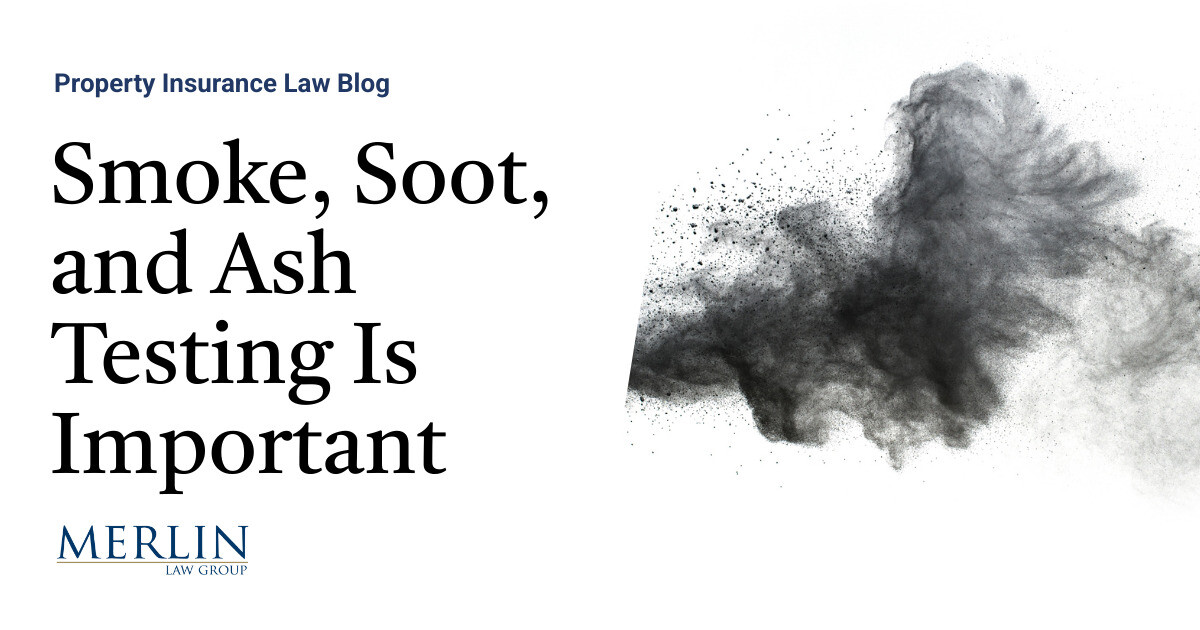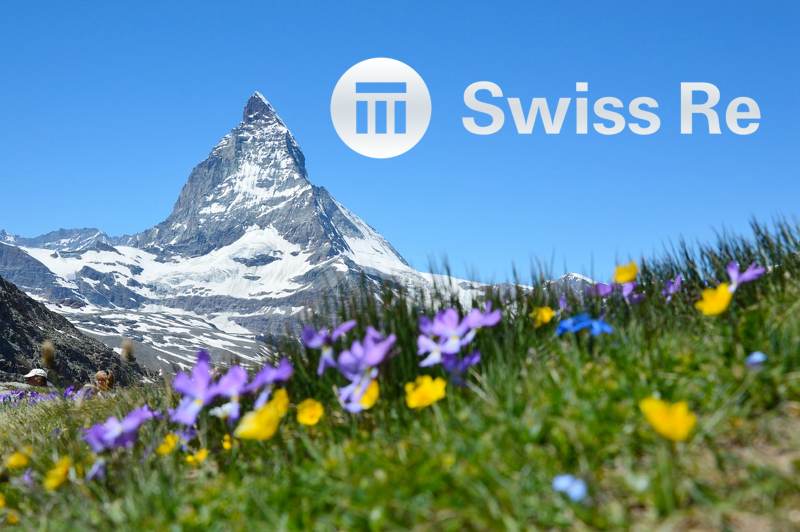AntonioSolano/iStock via Getty Images
Citi has opened 90-day catalyst watches on four of its buy-rated biotechs, underscoring their potential to generate major catalysts in Q4. Three of those names, Apellis Pharmaceuticals (NASDAQ:APLS), Eiger BioPharmaceuticals (NASDAQ:EIGR), and Merus N.V. (NASDAQ:MRUS), have outperformed the ~33% selloff in the biotech space, while the other Arcus Biosciences (NYSE:RCUS) has underperformed, as shown in this graph.
Citi analysts led by Yigal Nochomovitz retain APLS as the firm’s highest conviction pick naming the stock as its top selection in the SMID-cap biotech space. The team issues an $86 per share target for APLS ahead of the PDUFA date for its lead product candidate, pegcetacoplan, on Nov. 26 for geographic atrophy ((G.A.)).
The firm projects a 90% probability for pegcetacoplan to win FDA approval with a broad label on or before the PDUFA date and forecasts the event to generate ~30%+ upside for the Waltham, Massachusetts-based biotech.
In addition, Citi names APLS as a possible buyout target given the clear synergistic benefits with the eyecare products of pharma giants such as Novartis AG (NVS) (OTCPK:NVSEF), Roche (OTCQX:RHHBF) (OTCQX:RHHBY) and Bayer (OTCPK:BAYZF) (OTCPK:BAYRY).
In September, APLS shares spiked after the company’s Chief Executive Cedric Francois said at the Citi BioPharma Conference that the FDA would not conduct an AdCom meeting to decide on the marketing application for pegcetacoplan.
Nochomovitz and the team are also positive on topline Phase 3 data EIGR is set to disclose before year-end for its lead asset lonafarnib against Hepatitis Delta Virus (HDV). Calling EIGR “an under-the-radar name,” Citi issues a $23 per share target on the commercial-stage biotech and thinks that the buy side has yet to appreciate its prospects in HDV.
The team expects the stock to add over 100% in a best-case scenario where lonafarnib-containing regimens outperform not only placebo with statistical significance but also rival therapy Gilead’s (GILD) bulevirtide, which is currently under FDA review.
Based on favorable Phase 2 data, the analysts project a 60% probability of success for the pivotal trial and stock to trade at cash (~$2 per share) in the event of a setback.
Citi also opened a positive catalyst watch on MRUS with a 12-month per share target of $34 ahead of the initial Phase 1 dose-escalation data the Dutch biotech plans to disclose for its cancer candidate MCLA-129 on Oct. 26 at a medical event.
Arguing that the stock reflected “very little credit” for MCLA-129 on Wall Street and in its model, the team projects an $8 per share probability weighted upside for MRUS ahead of the data readout.
The analysts think that while amivantamab, a rival cancer therapy from Johnson & Johnson (JNJ), has de-risked the mechanism of action of MCLA-129, certain properties make MCLA-129 a drug with higher potency despite the similarities between the two bispecific antibodies.
On Wednesday, MRUS announced the publication of interim data from the ongoing Phase 1/2 trial where MCLA-129 is undergoing studies for patients with advanced non-small cell lung cancer (NSCLC) and other solid tumors.
The data indicated that out of 13 evaluable patients, two NSCLC patients with EGFR mutations had partial responses and four demonstrated confirmed stable disease. More data from the dose escalation cohort is expected at the poster presentation on Oct. 28.
Nochomovitz and the analysts expect ~$3 per share probability-adjusted upside for RCUS from the topline readout the biotech and its partner Gilead (GILD) plan to disclose from the Phase 2 ARC-7 study for domvanalimab before year-end. The team issues a 12-month price target of $40 on RCUS.
The three-arm 150-patient trial is designed to evaluate the anti-TIGIT monoclonal antibody in a combination regimen in first-line metastatic NSCLC with PD-L1 protein expression (≥50%).
The analysts argue that the readout could be value-generating for the two collaborators as well as other developers in the TIGIT space, given the setback Roche (OTCQX:RHHBY) suffered in May with the failure of its late-stage study for anti-TIGIT drug tiragolumab in lung cancer.











